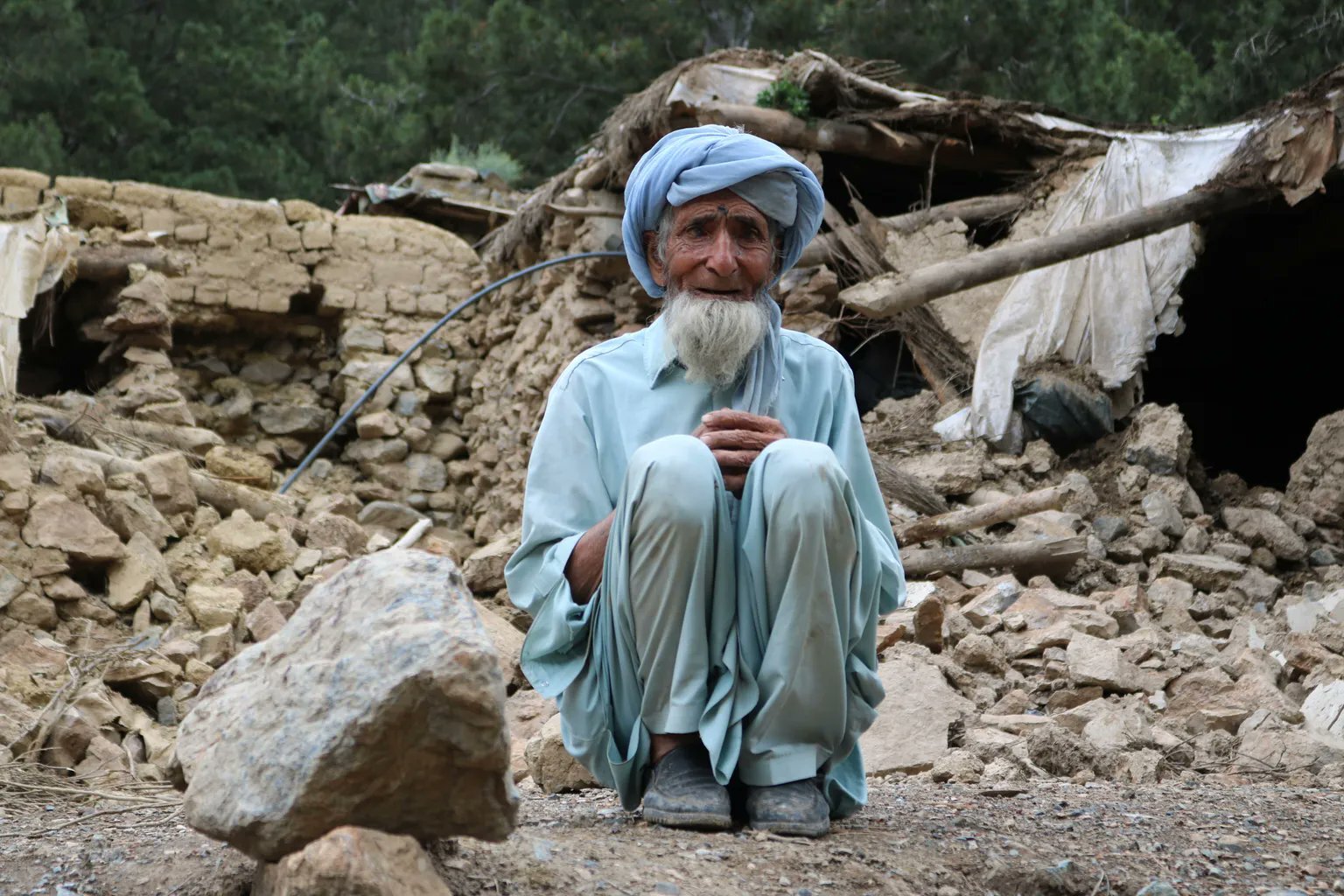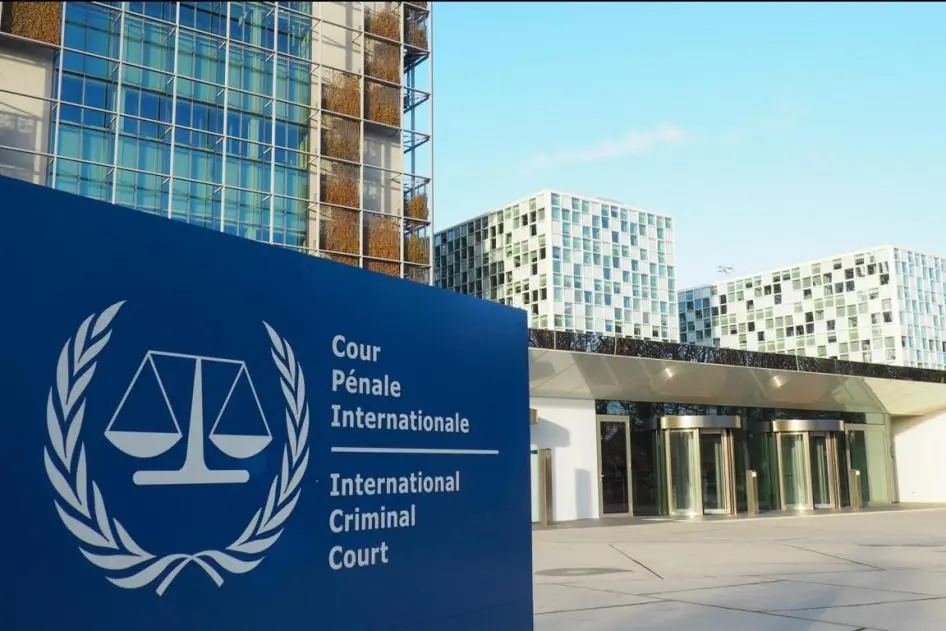Afghan and United States officials met last week to discuss earthquake aid in a two-day meeting in Doha, the first in-person talks between the two sides in more than three months.
The Taliban is looking for ways to unlock some of Afghanistan’s foreign reserves, which is currently frozen by the US, following a destructive earthquake in June that claimed the lives of over 1,000 people and injured more than 1,500. This provokes the urgency of the funding debate.
The two-day talks, the US Department of State said on Saturday, addressed the US-withheld Afghan foreign reserves and Washington’s concerns over a lack of transparency in delivery services by the Taliban and its assurance that it would reach the population.
The US reiterated an earlier pledge of $55 million in new assistance for earthquake relief, in line for life-saving shelter, sanitation, and hygiene materials for affected populations, and to support the ongoing crisis across the country, the White House said in a statement.
The two sides also discussed in detail “US actions to preserve $3.5 billion in Afghan central bank reserves for the benefit of the Afghan people,” the statement said, money which Washington said last week was “urgently” working to sort out.
Regarding economic stabilisation, the US discussed with international financial institutions its support for steps to enhance the availability of Afghan currency in the economy.
However, aid agencies explain that sanctions exemptions and the limited release of some frozen funds in Afghanistan do not cover the issue of overall economic collapse in the country.
The Taliban captured control of the country and assumed governance in August 2021 after the US withdrew its 20-year military operations.
In response, Washington froze $7 billion worth of Afghan reserves, while the international community halted billions in direct aid that Afghanistan and its population of roughly 40 million people were dependent on.
Since then, the country’s currency has plunged into an even dire economic crisis.
US President Joe Biden signed an executive order on 11 February to split the $7 billion in frozen Afghan funds held by his government to allot half for humanitarian aid to Afghanistan and reserve the other available half for victims of the September 11 attacks.
The US “taking essentially almost stealing $3.5 billion of the 7 billion that was in the central bank reserves has serious implications for the country [Afghanistan] in the long term, [such as] the issue of liquidity, the ability for the central bank to contain and maintain its currency and providing a basic needs and necessary, [as well as] humanitarian assistance to the country,” said Dr Farid Senzai, an Assistant Professor of Political Science at Santa Clara University.
In addition, crippling US sanctions on Afghanistan has exacerbated the economic prosperity in the country and worsened its humanitarian situation.
“The US is directly responsible for how difficult it is to get aid, assistance and money into Afghanistan. Making it more difficult for aid organisations to operate at such a critical time,” Afghan journalist Ali M Latifi tweeted.
During the meeting in the Qatari capital last week, US representatives, according to the State Department, also urged the Taliban officials to address women’s rights, a key sticking point which led to the US pulling out of dialogue in Doha in March, when the group made an abrupt decision to ban all teenage Afghan girls from continuing secondary school education.
“The United States supports the Afghan people’s demands that girls be allowed to return to school and that women be allowed to work, contribute to the country’s economic growth, and move and express themselves freely,” the statement said.
US special envoy for Afghan women, Rina Amiri, abstained from attending the high-delegation meeting led by Special Representative for Afghanistan Thomas West and Taliban Foreign Minister Amir Khan Muttaqi in Doha.
Voicing her concerns, Amiri tweeted on Saturday: “I’m gravely concerned by the Taliban’s actions and current stance on the areas my office oversees and disappointed that robust international engagement to this point hasn’t produced meaningful outcomes for Afghan women, girls and at-risk populations.”







